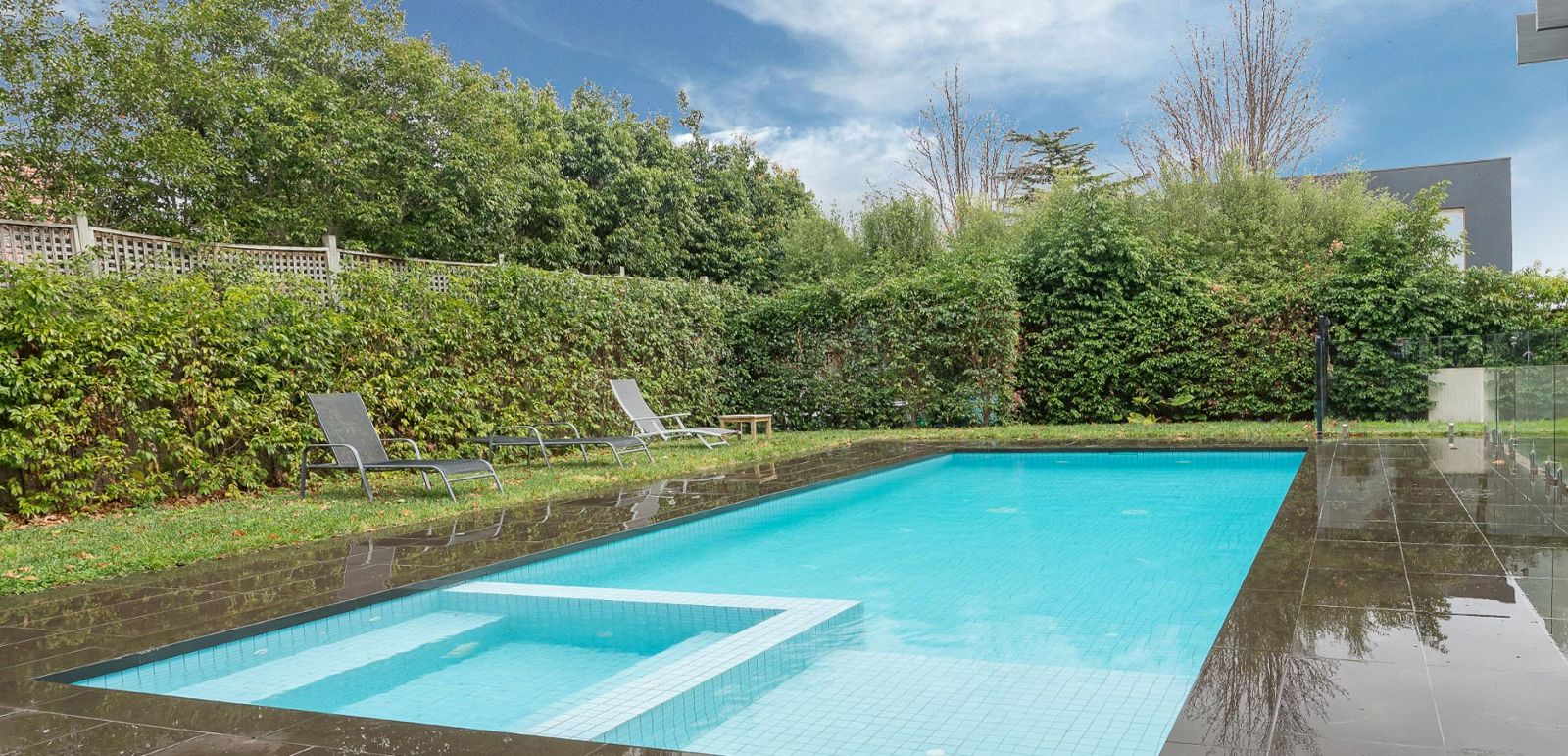How to Maintain Your Inground Swimming Pool
An inground swimming pool is a stunning addition to any home – but only when it’s properly cared for! Whilst maintenance can be a real drag, there’s no point in having this fantastic oasis in the backyard if it’s full of sludge. Cleaning and maintenance are crucial for keeping the water safe and crystal clear, ready for your family to swim in, as well as for encouraging you to jump right on in. From collecting leaves and other debris to keeping the chlorine levels stable, the list of tasks is seemingly endless.

Cleaners
An important part maintaining your inground swimming pool is keeping it clean with a cleaner of some kind. There are generally two types to choose from – DIY (the cheapest option, which you will need to manually push around the shell) and mechanical (the more expensive option, which you plug in and let go). The latter is further split into automatic and robotic cleaners, which are again more expensive.
Skimming
Every pool owner should have a skimmer on hand that they can use to spot clean leaves and other debris that are floating on the surface of the water. Some things are simply too large for a filtration system or cleaner to handle – they could in fact damage them if they were to suck them up – so it’s important to give the area a once over every now and then.
Chemicals
Without regular sanitation, all pools will develop bacteria – which can pose serious health risks. Most people use chlorine. Whilst there are other options (such as ozone gas, UV sterilisation, bromine and ionisation), these only make up a small part of the Australian market. You can add chlorine manually, via a salt chlorinator or via a liquid chemical feeder.
The chemical balance of your pool is made up of pH (acidity/alkalinity), total alkalinity (TA) and calcium hardness. You should monitor chlorine and pH levels once a week, or every day during high use periods. Total alkalinity and calcium hardness can be monitored less frequently. Test kits are available to help you do this on your own, or you can take a water sample to a pool shop.
Filters
Another important part of pool maintenance is ensuring that you have a quality filtration system fitted. This will work in conjunction with your cleaner and chemicals, removing impurities and smaller bits of debris from the water. When switched on, it constantly sucks water in and runs it through a serious of filters to ensure that it is clean and pure.
We hope that the information provided above has given you a better idea of everything that you need to know about maintaining inground swimming pools. At the end of the day, removing debris from the water and using the appropriate chemicals will go a long way to ensuring that the water is clean and safe for your family to enjoy.
If you’re feeling overwhelmed, partner with Eco Pools & Spas! Our team can offer professional advice regarding the best filtration and cleaning systems on the market – call us on 03 5998 7794 today.